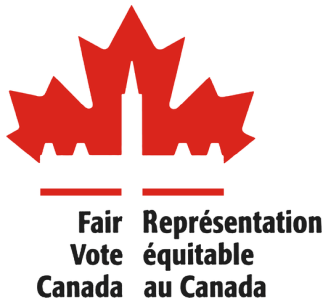In political terms Germany differs from most Anglo-Saxon countries in at least one regard: its voting system. How does proportional voting shape forming a government, policy outcomes, and a country’s political culture?
Fair Vote Canada, a citizens’ movement for electoral reform to make Canada’s voting system more democratic, invited me to share some of the experiences in Germany. I am no expert on voting systems, but my research on Energy Democracy and German Greens in Coalition Governments provides a lot of insights on how political action is shaped by rules of the game, by the political system and the balance of power.

In a nutshell I am convinced that Germany’s voting system – according to political science somewhat “the mother of mixed member electoral system” – delivered for most parts what it was intended for since World War II: A proportional distribution of seats in the parliament, a diversity of parties, including an openness for new parties to join parliament, a political discourse with a wide spectrum (instead of simplified yes/no-debate) and civil character, and finally stable governments and stable government changes.
If you are interested in further details, here is a link to the video session and below a summary of my talk on Twitter:
